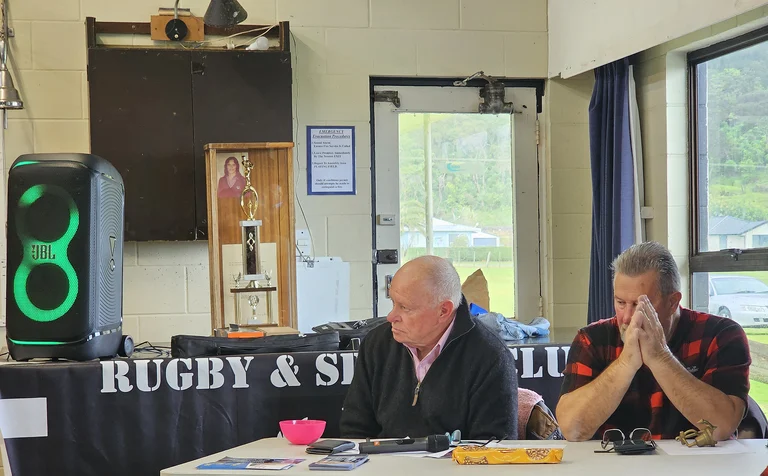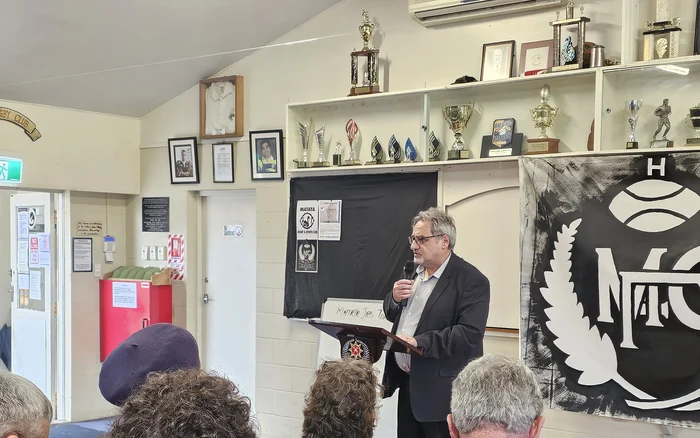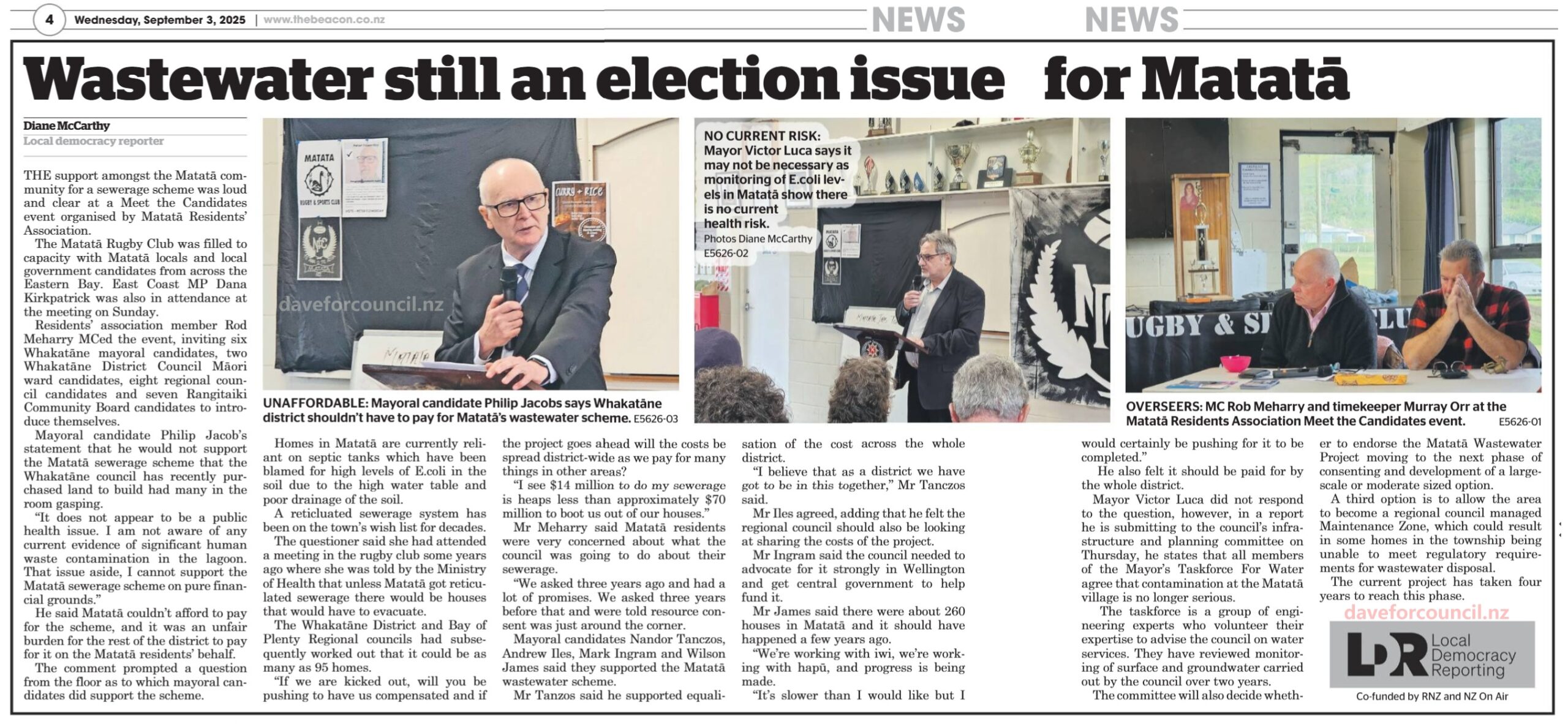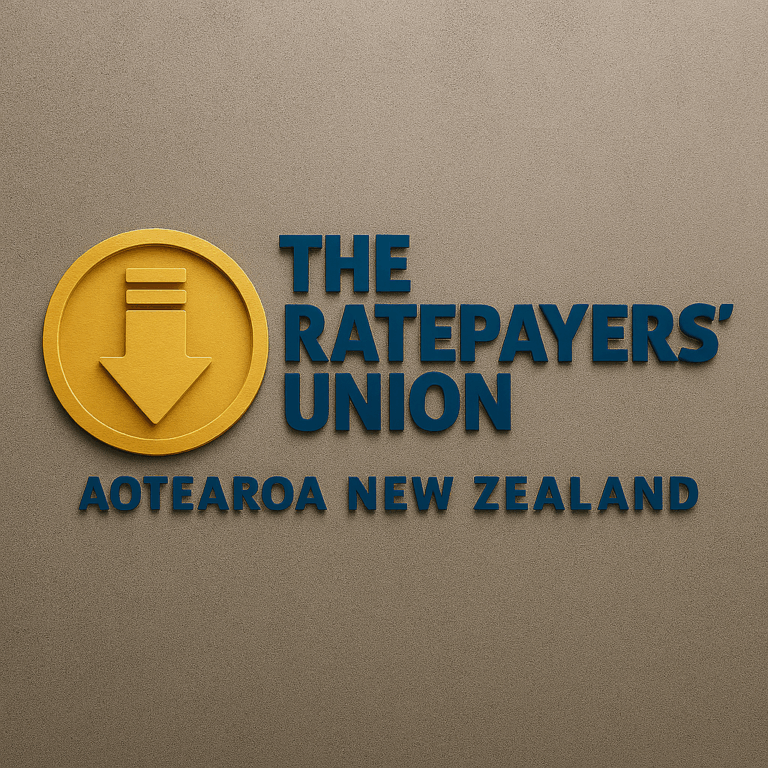
The support amongst the Matatā community for a sewerage scheme was loud and clear at a Meet the Candidates event organised by Matatā Residents’ Association.
The Matatā Rugby Club was filled to capacity with Matatā locals and local government candidates from across the Eastern Bay. East Coast MP Dana Kirkpatrick was also in attendance at the meeting on Sunday.
Residents’ association member Rod Meharry MCed the event, inviting six Whakatāne mayoral candidates, two Whakatāne District Council Māori ward candidates, eight regional council candidates and seven Rangitaiki Community Board candidates to introduce themselves.
Mayoral candidate Philip Jacob’s statement that he would not support the Matatā sewerage scheme that the Whakatāne council has recently purchased land to build had many in the room gasping.
“It does not appear to be a public health issue. I am not aware of any current evidence of significant human waste contamination in the lagoon. That issue aside, I cannot support the Matatā sewerage scheme on pure financial grounds.”
He said Matatā couldn’t afford to pay for the scheme, and it was an unfair burden for the rest of the district to pay for it on the Matatā residents’ behalf.
The comment prompted a question from the floor as to which mayoral candidates did support the scheme.
Homes in Matatā are currently reliant on septic tanks which have been blamed for high levels of E.coli in the soil due to the high water table and poor drainage of the soil.
A reticluated sewerage system has been on the town’s wish list for decades.
The questioner said she had attended a meeting in the rugby club some years ago where she was told by the Ministry of Health that unless Matatā got reticulated sewerage there would be houses that would have to evacuate.
The Whakatāne District and Bay of Plenty Regional councils had subsequently worked out that it could be as many as 95 homes.
“If we are kicked out will you be pushing to have us compensated and if the project goes ahead will the costs be spread district-wide as we pay for many things in other areas?
“I see $14 million to do my sewerage is heaps less than approximately $70 million to boot us out of our houses.”
Mr Meharry said Matatā residents were very concerned about what the council was going to do about their sewerage.
“We asked three years ago and had a lot of promises. We asked three years before that and were told resource consent was just around the corner.
Mayoral candidates Nandor Tanczos, Andrew Iles, Mark Ingram and Wilson James said they supported the Matatā wastewater scheme.
Mr Tanzos said he supported equalisation of the cost across the whole district.
“I believe that as a district we have got to be in this together,” Mr Tanczos said.
Mr Iles agreed, adding that he felt the regional council should also be looking at sharing the costs of the project.
Mr Ingram said the council needed to advocate for it strongly in Wellington and get central government to help fund it.
Mr James said there were about 260 houses in Matatā and it should have happened a few years ago.
“We’re working with iwi, we’re working with hapū, and progress is being made. It’s slower than I would like but I would certainly be pushing for it to be completed.”
He also felt it should be paid for by the whole district.

Mayor Victor Luca did not respond to the question, however, in a report he is submitting to the council’s infrastructure and planning committee on Thursday, he states that all members of the Mayor’s Taskforce For Water agree that contamination at the Matatā village is no longer serious.
The taskforce is a group of engineering experts who volunteer their expertise to advise the council on water services. They have reviewed monitoring of surface and groundwater carried out by the council over two years.
The committee will also decide whether to endorse the Matatā Wastewater Project moving to the next phase of consenting and development of a large-scale or moderate sized option.
A third option is to allow the area to become a regional council managed Maintenance Zone, which could result in some homes in the township being unable to meet regulatory requirements for wastewater disposal.
The current project has taken four years to reach this phase.

